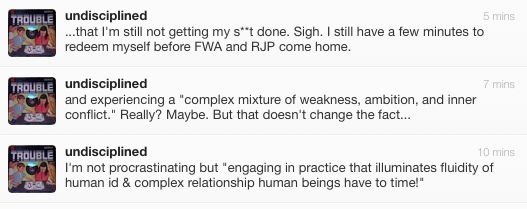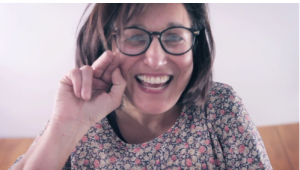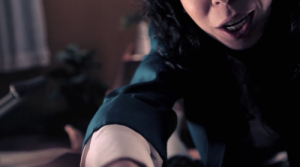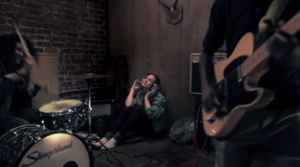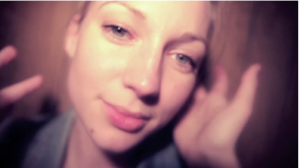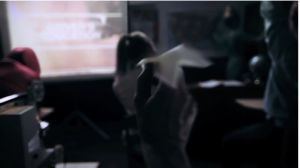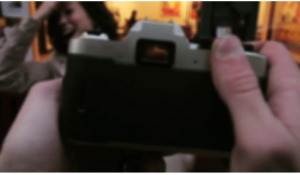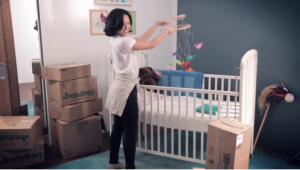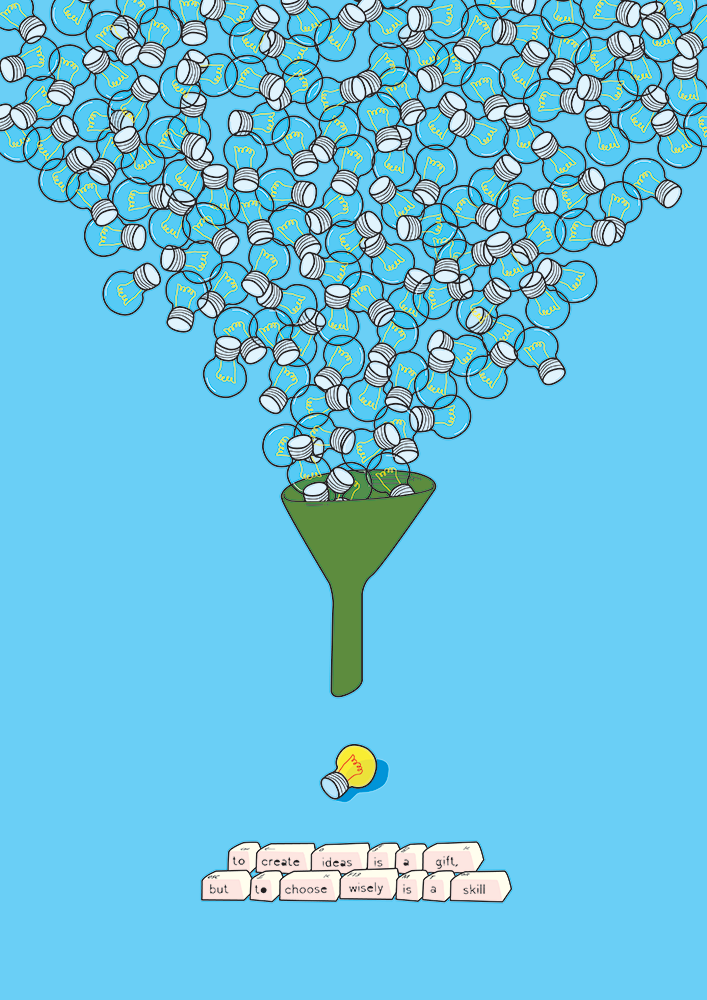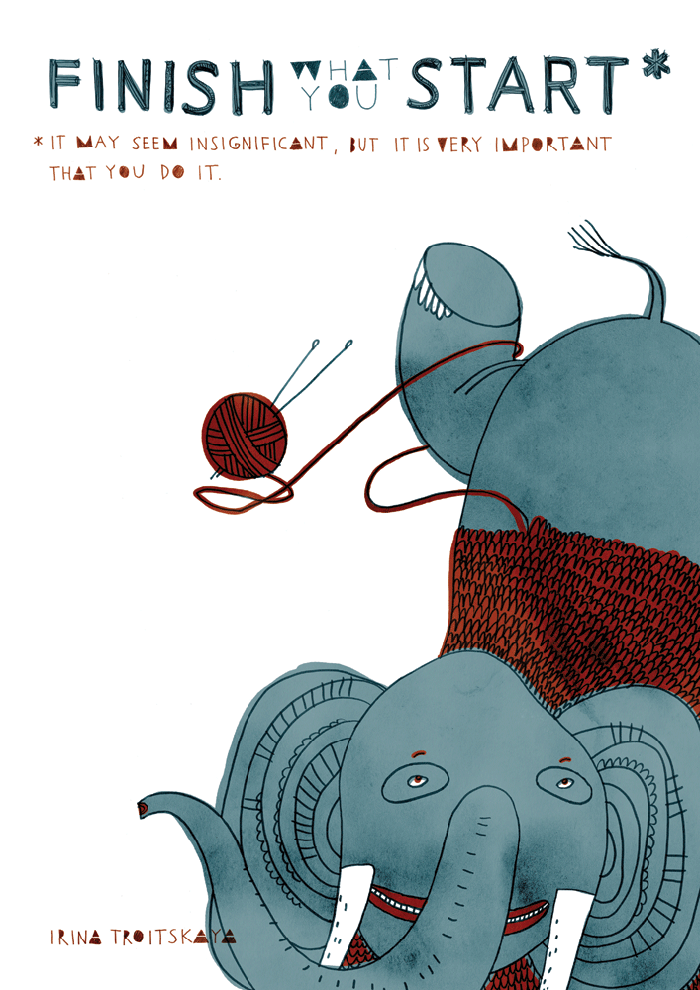Last week, some grad students at UCL’s Centre for Digital Humanities wanted to use twitter’s 140-character limit for learning how to concisely articulate and share one’s thesis statement/topic. So they created and started using the hashtag #tweetyourthesis. I was really excited to see this use of twitter; I developed some twitter assignments this semester for my students with the same goal–getting them to practice being concise–in mind. Two days after they first started using it (jan 11, 2012), Wired Campus at the Chronicle asked: You Can Tweet Your Thesis, But Should You?
According to this article, the hashtag has generated some online debate, sparked partly by a question posed early on in the use of #tweetyourthesis:
What does it mean if a student can condense an idea for such a long project into 140 characters?
My immediate response to this question is: what does it mean if a student CAN’T condense an idea of such a long project into 140 characters? And another question: What’s the purpose of our ideas if we can’t communicate them in succinct, compelling ways? Just like the original tweeted question (twestion? tweequery?), my two follow-ups are leading questions; they aren’t really questions intended to open up a discussion about how we should/shouldn’t use twitter in our academic work. Instead, they are posed with an understood response–What does it mean if a student can condense an idea in 140 characters? Implied response: Their thesis isn’t complex, rigorous, demanding, in-depth (fancy) enough. The counter–What does it mean if a student can’t condense? The implied response: Their thesis is too complex, too jargony, too esoteric.
Either way you ask it, critical debates/conversations get hung up on questions of how best to develop and communicate a thesis and whether or not to use twitter in that process. While these are still important questions (and while I’m happy to have any conversations that take twitter seriously as medium of thoughtful and meaningful expression), they are not the questions that I want to pose and critically and creatively explore about graduate theses and online technologies like twitter (or blogs) right now. Why discuss whether or not twitter should be used? It is being used in productive, interesting and empowering ways. They are not questions that get at deeper concerns about how graduate departments can and should rethink the purpose and requirements of the thesis in light of the job market, the ridiculously long time that it takes to earn a doctorate (on average, 9 years), and the shifting ways and locations in which academic publishing is happening.
On January 9th, InsideHigherEd’s Scott Jaschik wrote about recent conversations/debates at the annual MLA convention concerning the future of the dissertation in their post, Dissing the Dissertation? Much (but not all) of the discussion focused on if and how to respond to recent online technologies and their impact on how academics write, communicate and publish. Here are a few key passages:
1. on writing on the web as more than making PDFs of your articles
“Miller, of Rutgers, stressed that opening up students to digital work was a responsibility for humanities departments, given the way people increasingly communicate information. Graduate students need to learn “what it means to write for the web, with the web,” which is not the same thing, he said, “as making PDFs of your [print] articles.”
2. on rethinking scholarship and the “life of the mind”
“Whether departments want it to happen or not, the form of scholarship is going to change, he said. Rather than avoiding that, scholars should consider the ramifications, he said, by redesigning dissertations. “Once you lose the monograph, what’s the future of the long argument?” he asked. “What is the life of the mind is going to look like when it’s no longer stored on the page?” The answers will become clear when those about to become professors or public intellectuals are set free from the traditional dissertation, he said, and are encouraged to produce digital works.”
3. on learning new ways to read and to mentor
[Kathleen Fitzpatrick] “It should be our jobs to support new kinds of work,” she said. And for faculty members trained before the digital era, she said that means a responsibility to “learn how to read in new formats,” not just to look for linear arguments over hundreds of pages.
So true! It seems as if many writers/scholars fail to understand that writing online is much more than just putting something that you have written online; it requires developing new ways of connecting, collaborating, understanding, reflecting and communicating! Students AND faculty need to develop skills/ways of thinking and engaging and writing that the new online media demand. How can students be prepared for writing, researching and teaching in the 21st century without these important skills? They can’t.
Note: Fitzpatrick is the Director of Scholarly Communications for MLA and is doing some really amazing stuff with e-publishing and using online technologies to shape scholarly work. Check out her blog, Planned Obsolescence, and her MLA address: Networking the Field. No, really, read her awesome address! Here are a few great bits from it:
1. on the need to recognize online writing as writing and figure out how to put online forms to work for us
“I would argue that the challenge we face today in our encounter with the digital future of our fields does not come from a media culture, or a student population, that refuses writing; instead, it lies in the need to recognize that the forms of writing that engage so many todayare writing, and to figure out how to put those forms to work for us, rather than dismissing them as inherently frivolous and degraded.”
2. on how new forms can make us (teachers/students) better writers and communicators
“This is a challenge that many faculty today are meeting in their classrooms, by experimenting with individual and group blogs, with Twitter, and with other forms of social, networked communication, often to great effect. These modes of engagement with online writing often work, in to give students a sense of audience, of writing as an act of communication and critical exchange, that far exceeds that produced by the research paper; online, their words are subject not just to the scrutiny of a single evaluator, but to that of a broader group of readers engaged in thinking about the same questions. However formal or informal the location of the writing may appear to us in comparison with the properly MLA-formatted research paper, the act of communicating on an ongoing basis with a broader audience – practicing over and over the art of staking out a position, presenting evidence, engaging with counter-arguments – or frankly, even just the art of being interesting and amusing – can only help produce better writers, and clearer thinkers, in any venue.”
3. on needing to understand these forms and take them seriously
“This seems obvious enough. But the need to understand these new, networked, often less-than-formal modes of writing as writing applies equally to us and our own work. The horror that greets the idea of taking a blog seriously as a locus of scholarly writing – or even more, the idea of taking Twitter seriously as a form of scholarly communication – reveals a serious misunderstanding of the nature of those forms: what they are, and what can be done with them.”
4. on how scholars are already using twitter for engaging and connecting
“The standard dismissal of Twitter as a scholarly tool suggests that no serious argument can be made in 140 characters, and there’s of course a real truth to that. But that dismissal betrays a failure to engage with the ways that scholars actually use Twitter today, and the things that can be done in those 140 characters: scholars share links to longer pieces of writing; engage in complex conversations in real time, with many colleagues, over multiple tweets; and more than anything, perhaps, they build a sense of community. This community is ready with congratulations and sympathy, and is eager to share jokes and memes, but it’s also ready to debate, to discuss, to disagree. More than anything, it’s ready to read – it’s not just a community of friends but a community of scholars, an audience for the longer work in which its members are engaged.”
So, to wrap this entry (which was originally intended to be a brief discussion and archiving of the discussion about #tweetyourthesis), I thought I’d offer up my own twitter-worthy–it’s 58 characters!–thesis for this post (and a succinct summary of my thoughts on the topic): Tweeting your thesis? Good. Rethinking the purpose/requirements of thesis? Better.
sources:

